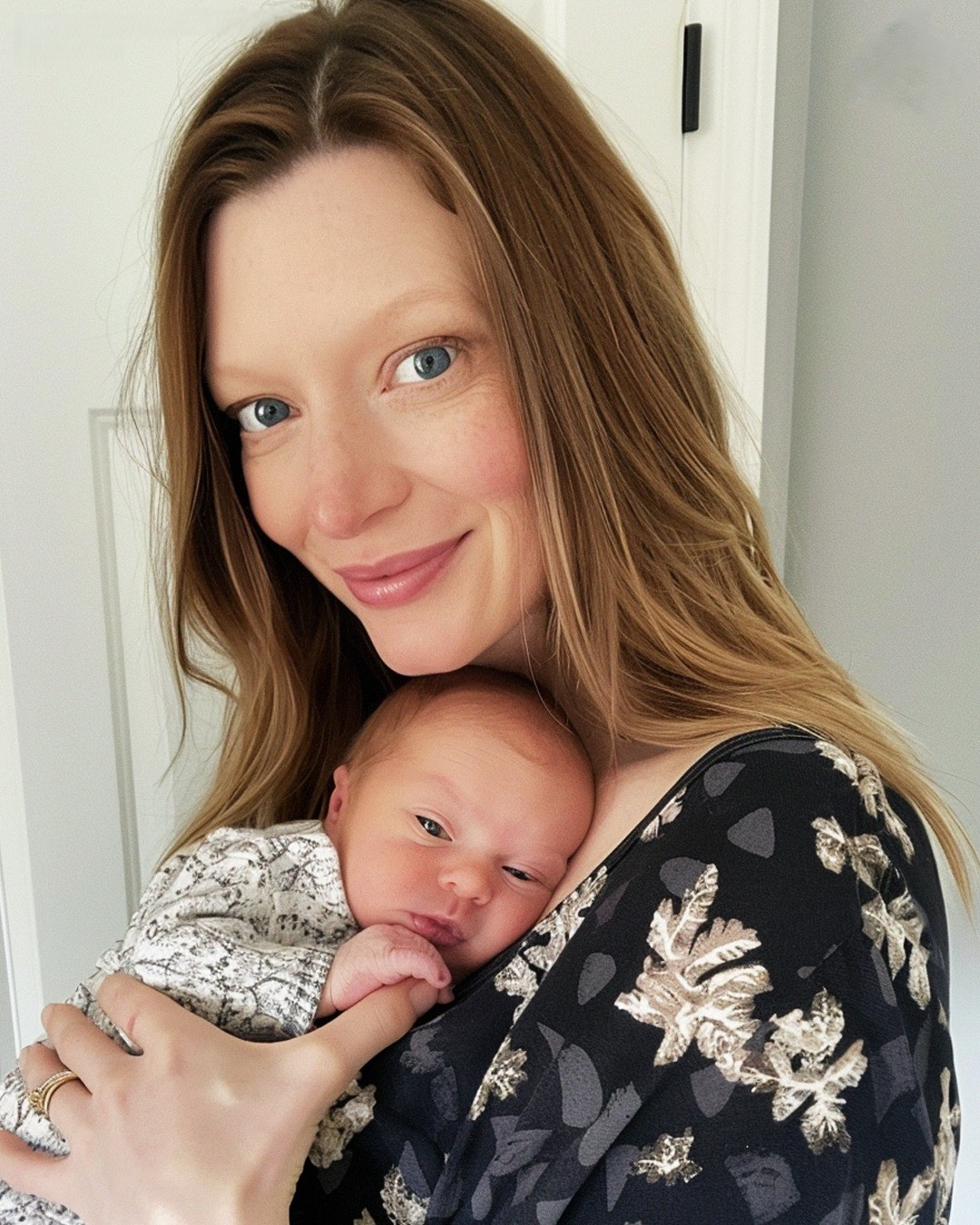When In-Laws Overstep: Stories of Drama, Resilience, and Triumph
In-laws often come with their own set of challenges. Sometimes they mean well but overreach, and other times their actions can feel downright selfish. These stories reveal just how complicated those relationships can get—from gifting with strings attached to controlling behaviors that push boundaries. If you’ve ever dealt with difficult in-laws, these tales of confrontation, courage, and resolution will resonate.
New Mom Discovers the Truth About Her Home After Being Kicked Out
When my in-laws forced me and my newborn son, Tommy, out of the house, my world fell apart. They had moved in with us under the guise of family bonding, but instead, their presence turned our home into a battlefield.
My father- and mother-in-law, Mr. and Mrs. Anderson, argued constantly over trivial things like TV channels. When their shouting repeatedly woke Tommy during his fragile sleep schedule, I finally spoke up.
“Could you please lower your voices? Tommy needs his rest,” I said politely, hoping to de-escalate the situation.
Instead of understanding, my mother-in-law accused me of being overprotective. “You’re making that child too soft!” she snapped.
Before I could respond, my father-in-law barged into our bedroom, yelling, “This is my house! I gave Adam the money to buy it. You have no right to tell me what to do under my roof!”
Stunned, I tried to reason with him. “I just want some peace for your grandchild…”
“Then take your kid and go live with your mother!” he retorted, slamming the door behind him.
The next day, he doubled down, insisting I pack my things and leave. With my husband, Adam, away on business, I had no choice but to move in with my mom.
When I tearfully explained everything to Adam over the phone, his anger was immediate. “They did what? I’m coming back.” He caught the next flight home.
The moment we returned, Adam confronted his parents. Calmly at first, he asked, “Why did you throw out my wife and son?”
His father stood firm. “This is my home. If you don’t like it, you can leave too!”
Adam didn’t back down. “We’re not going anywhere,” he said.
The tension escalated until the police arrived at our doorstep. To my shock, they informed me that my in-laws had no legal claim to the house—it was mine.
Adam later confessed the truth. Years earlier, his father had given him money for the house, but Adam had lost it in a failed investment. Using his own savings, he bought the house outright and put it in my name to secure our family’s future.
When Adam told his parents the truth, their arrogance dissolved. They called me from their small apartment, begging for forgiveness.
“It’s not about the house,” I told them. “It’s about how you treated me. Kicking out a new mom and her baby? That’s something I can’t forget—or forgive.”
As I rocked Tommy to sleep that night, a calm settled over me. For the first time in weeks, I felt at peace. This was our home, and no one could take that away from us again.
Turning Betrayal Into Triumph: A Couple’s Creative Revenge
The first time I saw Emily, she was captivating an audience onstage at our university. Her performance was magnetic, and I was instantly drawn to her.
“Hi, I’m Jake,” I introduced myself nervously after the show. “You were incredible.”
Her warm smile was unforgettable. “Thanks! I’m Emily.”
That moment sparked the beginning of a partnership that extended beyond the stage. She was an aspiring actress, and I was a budding scriptwriter. Together, we dreamed of making it big.
But there was one obstacle: her parents. The Hastings were wealthy and status-obsessed, and they disapproved of me from the start. When I proposed to Emily, their disapproval turned into outright hostility.
At a strained family dinner, her mother sneered, “Jake, have you even made a single dollar from your so-called career?”
Emily defended me fiercely. “Mom, Jake and I love each other. That’s all that matters.”
We married despite their objections, but their interference continued. One evening, I received an unexpected call from her father. “Meet us at the country club. Don’t tell Emily,” he said curtly.
Curious, I went. The Hastings were waiting with an outrageous proposition.
“We’ll pay you to leave our daughter,” her father said. “Tell her you cheated, disappear, and move on.”
I feigned consideration. “How much?”
Their offer was staggering—enough to fund the film project I’d been dreaming of for years.
Later that night, I told Emily everything. “They want me to leave you,” I said, “but what if we turn this into something bigger?”
Her eyes lit up as I shared my plan. “Let’s do it,” she said, smiling.
I used their money to produce a film—a fictionalized version of our love story. Emily temporarily moved out to make the ruse believable, while I worked tirelessly to bring the project to life.
On premiere night, I invited the Hastings as honored guests. As the credits rolled, Emily appeared on stage.
“This story is ours,” she announced. “Jake and I never divorced. We stayed together and used this film to share the truth.”
The Hastings were mortified, their embarrassment palpable in the theater.
As Emily and I walked out hand in hand, the satisfaction was immense. Their attempt to sabotage our marriage had only strengthened it—and we had turned their betrayal into our triumph.

